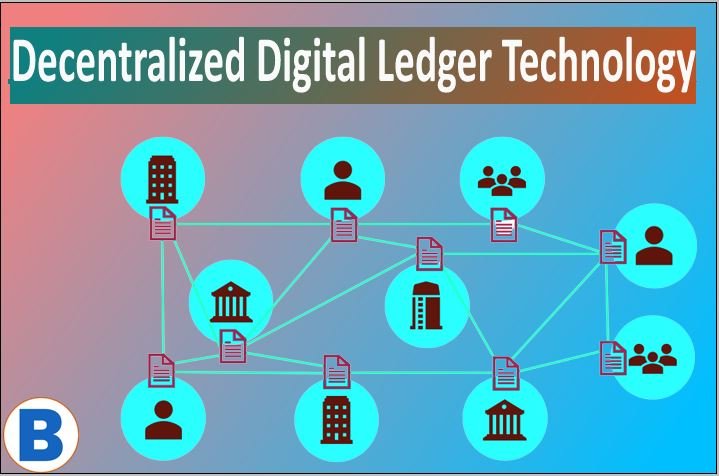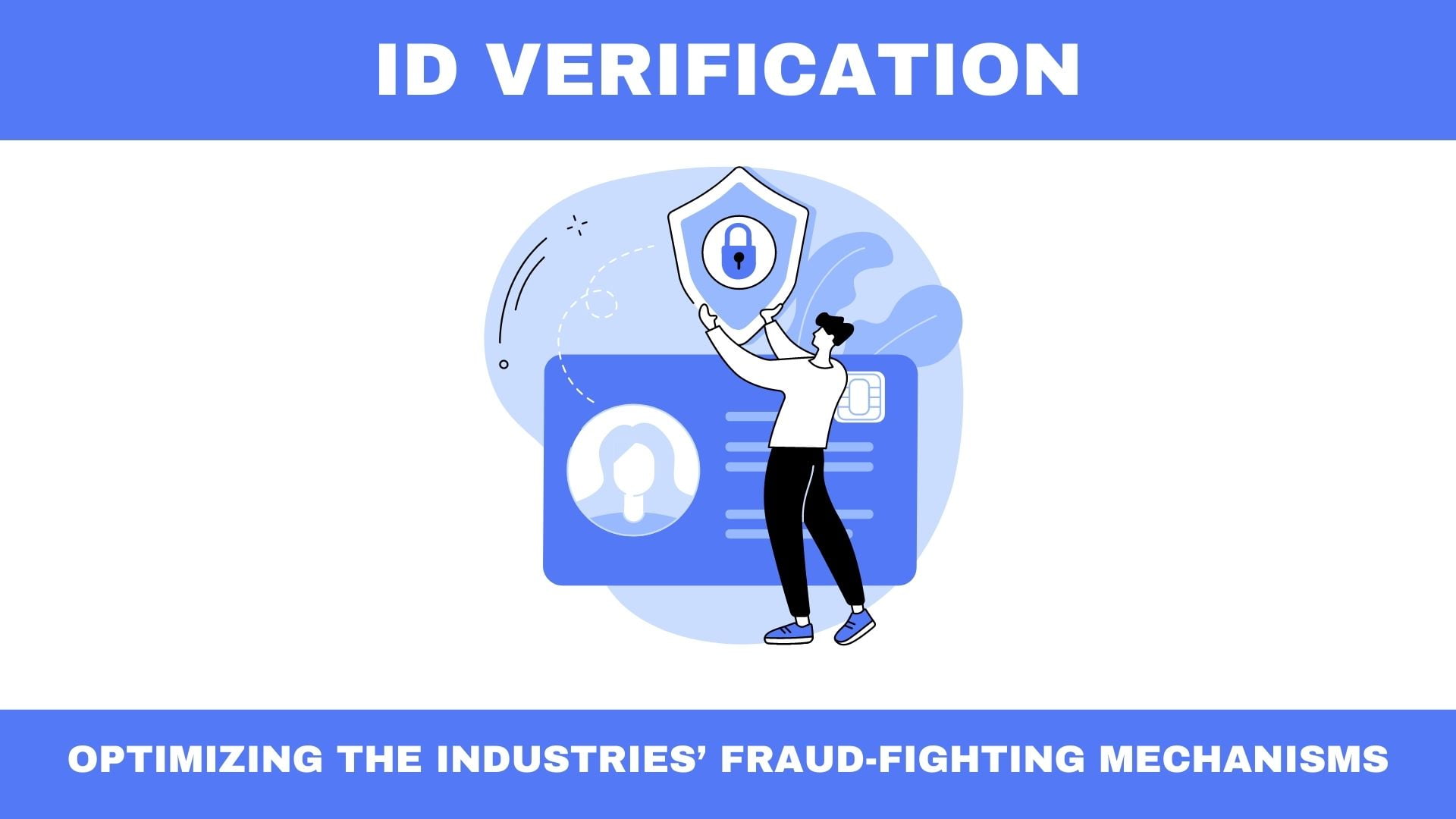Exploring the Potential of Decentralized Digital Ledgers Technology

Digital ledgers in the modern era have the potential to revolutionize many industries and create unprecedented levels of trust and transparency. Blockchain technology has become increasingly popular in recent years due to its innovation and disruptive capabilities. Although many link blockchain primarily with cryptocurrencies like Bitcoin and Ethereum, it has several other applications outside the financial sectors. According to Demand Sage, the growth of the global industries using blockchain technology is expected to reach a Compound Annual Growth Rate (CAGR) of 85.9%. This article will discuss digital ledgers and their implications in the modern era.
Overview of Decentralized Digital Ledgers Technology:
Decentralized digital technology ledgers have emerged as a game-changer in recent years, revolutionizing how we interact and transact online. The technology is designed to function without a central authority or control, which improves its security, transparency, and efficiency compared to traditional systems.
Various applications fall under the umbrella of decentralized digital technology, such as blockchain, peer-to-peer networks, distributed computing, and decentralized applications (dApps). Although each technology has distinct advantages and features, they all strive for a more decentralized and democratic digital environment.
Difference Between Traditional and Decentralized Digital Ledgers:
From ancient times, ledgers have been used as a fundamental trade component to record numerous transactions, primarily involving assets such as money and property. Over time, the method of recording transactions has evolved from clay tablets to paper, vellum, and papyrus. Although paper-based records are still used in some countries, modern technology has shifted the traditional ledger process to digital ledgers.
- Traditional Ledgers were the first type of digital ledger that was used to store records. Unlike decentralized systems, traditional ledgers are centralized and rely on a single control point, making them vulnerable to manipulation and corruption.
- The increasing need for efficient processing and storage solutions has surpassed traditional ledgers. Decentralized digital ledgers are a solution to this problem. They are different from conventional systems because they are spread out among a network of computers called nodes.
- Digital systems have replaced traditional ledgers for better security, transparency, and efficiency. Blockchain is an example of a digital ledger that offers an immutable and transparent record of transactions that are difficult to manipulate or tamper with. Digital ledgers also enable faster and cheaper transactions and eliminate intermediaries while providing access to financial services for underserved populations.
Potential Applications of Digital Ledgers Technology:
Digital ledger technology has a lot of potential applications. It can revolutionize existing industries and create new products and services by enabling secure, immutable, and transparent digital transactions. In the below headings, I have discussed some of the potential applications of the DLT where industries are making a lot from it.
Banking Services:
The financial industry is being transformed by digital ledgers offering secure and efficient transaction methods. Traditional banking models are being disrupted, and DLT is being used to simplify the transaction process and reduce costs by eliminating intermediate steps and reducing paperwork. Banks are adopting this technology to provide faster and more secure ways of transferring money and assets.
Supply Chain Management:
DLT can be used to improve the efficiency of supply chains by providing a secure and immutable system for recording data. At every stage of the supply chain, transparency and accountability can be ensured by enabling product tracking from the manufacturer to the end consumer. DLT will increase visibility, reduce fraud and counterfeit products, and increase trust between trading partners.
Healthcare Centers:
Healthcare centers worldwide are the early adopters of any technology because of their quick service motive, directly concerned with people’s lives. DLT stores patient medical records, enables secure data transfer between healthcare organizations, and provides access to medical services for underserved populations. Its immutability allows tracking individual products, such as coding products or medicines, with data that cannot be altered.
Real Estate:
DLT revolutionized the real estate industry by offering a secure, transparent, and immutable record of property ownership. This technology lets buyers, sellers, tenants, and landlords keep records of transactions securely, with less paperwork and cost savings. It has become an important tool for the real estate industry to ensure secure and efficient transactions.
Minor Implication in Public Sector:
DLT has had a major impact on the public secto, and the detail is in the below headings.
Digital Identity:

A comprehensive solution enables different sectors to develop a system verifying people’s identities. Sufficient data facilitates identifying and verifying individuals with minimal information, such as their date of birth. The digital confirmation of identity aids the govt departments in issuing documents such as passports, driving licenses, and birth certificates.
NGOs and Non-Profit Organizations:
People hesitate to donate to NGOs and non-profits because negative headlines have led them to believe these organizations mishandle their funds. DLT (Distributed Ledger Technology) can help non-profit organizations and charities be more transparent. Donors can track their donations and ensure they are used in the intended way. This increased transparency can give donors confidence that their funds are being used appropriately, leading to more donations.
Tax Collection:
DLT is not, but it can be used in the future as it enlarges its scope in taxation sectors. Taxpayers could pay taxes via blockchain-based networks, and taxation can be easily monitored for accuracy and efficiency. There would be no need for manual paperwork and physical storage of data.
Government Voting System:
Using DLT can enhance the security and transparency of voting systems by creating a reliable and trackable record of votes. It will eliminate fraud, vote manipulation, and double-counting that can be detected with this approach. This procedure will ensure the voting process’s secrecy and that no vote is manipulated.
Intellectual property:
DLT, or distributed ledger technology, enables secure storage and management of intellectual property rights like patents and trademarks. This is achieved by creating a transparent and unchangeable record of ownership and transfer. Implementing this measure reduces the chances of counterfeiting and fraudulent activities and simplifies administration processes.
Conclusion:
The technology known as DLT has significantly impacted the world’s economy and has transformed various industries by providing security and transparency. Due to its increasing popularity, it is expected to continue influencing many industries long term. DLT simplifies the sharing of up-to-date information with the general public. More research and development will improve business efficiency and smoother application processes.






